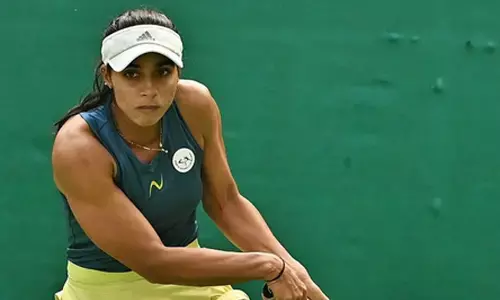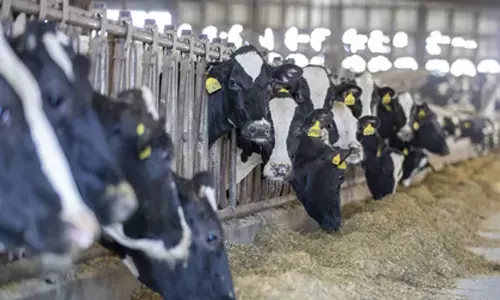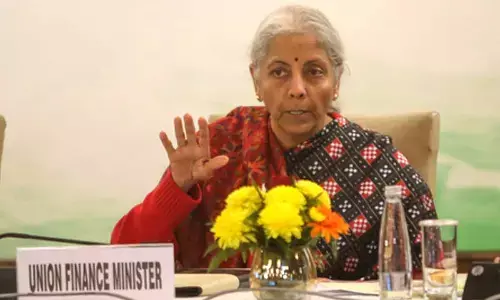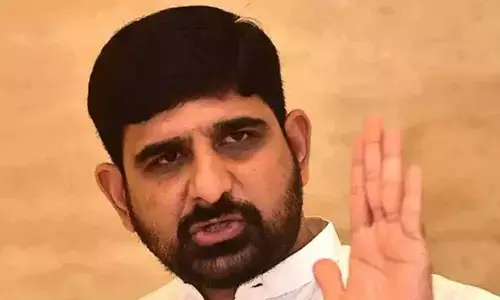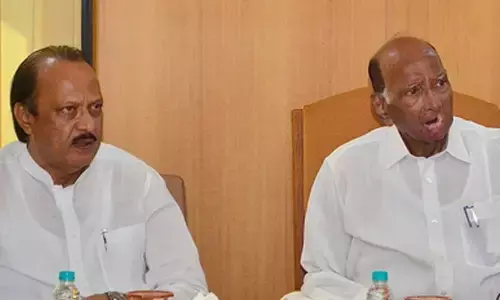Dalai Lama says possible his incarnation could be found in India
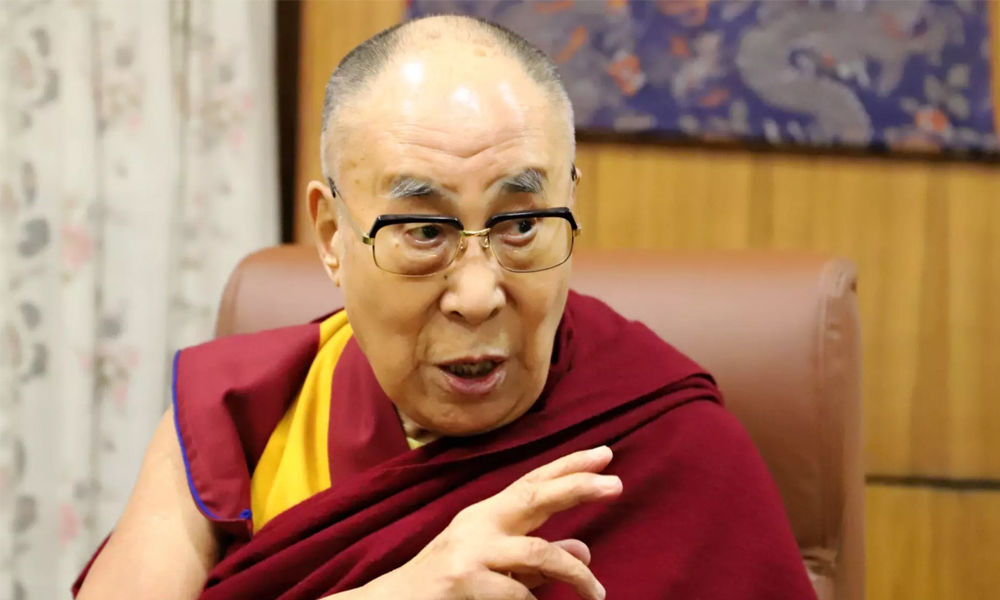
The Dalai Lama, the spiritual leader of Tibetan Buddhism, said on Monday it was possible that once he dies his incarnation could be found in India, where he has lived in exile for 60 years, and warned that any other successor named by China would not be respected
Dharamshala: The Dalai Lama, the spiritual leader of Tibetan Buddhism, said on Monday it was possible that once he dies his incarnation could be found in India, where he has lived in exile for 60 years, and warned that any other successor named by China would not be respected.
Sat in an office next to a temple ringed by green hills and snow-capped mountains, the 14th Dalai Lama spoke to Reuters a day after Tibetans in the town of Dharamshala marked the anniversary of his escape from the Tibetan capital, Lhasa, disguised as a soldier.
He fled to India in early 1959 after a failed uprising against Chinese rule, and has since worked to draw global support for linguistic and cultural autonomy in his remote and mountainous homeland.
China, which took control of Tibet in 1950, brands the 83-year-old Nobel peace laureate a dangerous separatist.
Pondering what might happen after his death, the Dalai Lama anticipated some attempt by Beijing to foist a successor on Tibetan Buddhists.
"China considers Dalai Lama's reincarnation as something very important. They have more concern about the next Dalai Lama than me," said the Dalai Lama, swathed in his traditional red robes and yellow scarf.
"In future, in case you see two Dalai Lamas come, one from here, in free country, one chosen by Chinese, then nobody will trust, nobody will respect (the one chosen by China). So that's an additional problem for the Chinese! It's possible, it can happen," he added, laughing.
China has said its leaders have the right to approve the Dalai Lama's successor, as a legacy inherited from China's emperors.
But many Tibetans - whose tradition holds that the soul of a senior Buddhist monk is reincarnated in the body of a child on his death - suspect any Chinese role as a ploy to exert influence on the community.
Born in 1935, the current Dalai Lama was identified as the reincarnation of his predecessor when he was two years old.
Many of China's more than 6 million Tibetans still venerate the Dalai Lama despite government prohibitions on displays of his picture or any public display of devotion.
Up for discussion
The Dalai Lama said contact between Tibetans living in their homeland and in exile was increasing, but that no formal meetings have happened between Chinese and his officials since 2010.
Informally, however, some retired Chinese officials and businessman with connections to Beijing do visit him from time to time, he added.
He said the role of the Dalai Lama after his death, including whether to keep it, could be discussed during a meeting of Tibetan Buddhists in India later this year.
He, however, added that though there was no reincarnation of Buddha, his teachings have remained.
"If the majority of (Tibetan people) really want to keep this institution, then this institution will remain," he said. "Then comes the question of the reincarnation of the 15th Dalai Lama."
If there is one, he would still have "no political responsibility", said the Dalai Lama, who gave up his political duties in 2001, developing a democratic system for the up to 100,000 Tibetans living in India.
Seminar in China?
During the interview, the Dalai Lama spoke passionately about his love for cosmology, neurobiology, quantum physics and psychology.
If he was ever allowed to visit his homeland, he said he'd like to speak about those subjects in a Chinese university.
But he wasn't expecting to go while China remained under Communist rule.
"China - great nation, ancient nation - but its political system is totalitarian system, no freedom. So therefore I prefer to remain here, in this country."
The Dalai Lama was born to a family of farmers in Taktser, a village on the northeastern edge of the Tibetan plateau, in China's Qinghai province.
During a recent Reuters visit to Taktser, police armed with automatic weapons blocked the road. Police and more than a dozen plain-clothed officials said the village was not open to non-locals.
"Our strength, our power is based on truth. Chinese power based on gun," the Dalai Lama said. "So for short term, gun is much more decisive, but long term truth is more powerful."









